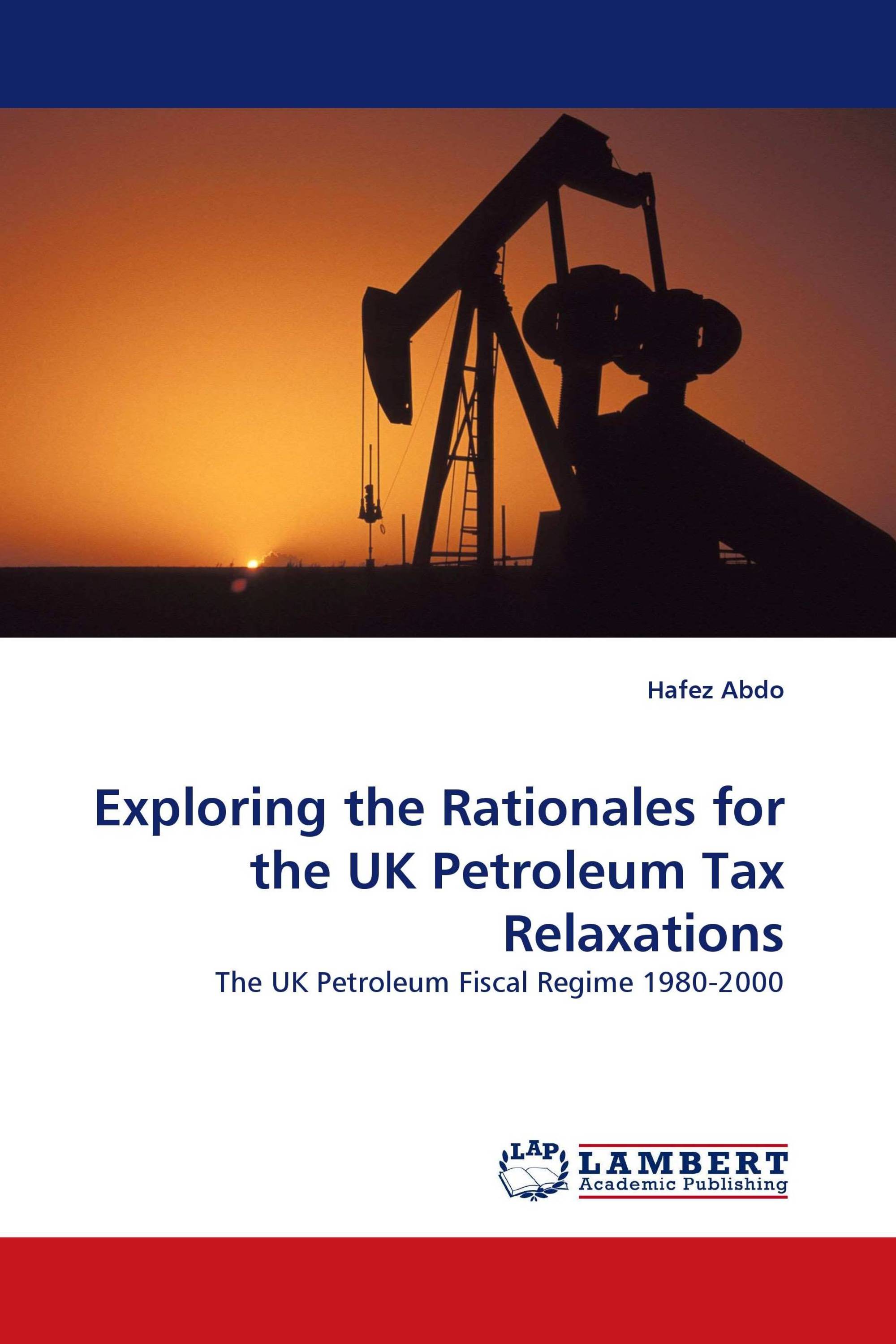Exploring the Rationales for the UK Petroleum Tax Relaxations
The UK Petroleum Fiscal Regime 1980-2000
€ 79,00
The UK petroleum fiscal regime was established in 1975. The period 1983-2000 witnessed three petroleum tax relaxations. These presented a change in the type of UK governance of its petroleum resources from Proprietorial to a non-Proprietorial regime. This new type of governance the UK petroleum resources continued to be accommodated under a unique type of mineral ownership, which was called 'the North Sea Model'. This type of minerals ownership grants the concessionaire a mining and economic right but not a mineral right. It accommodates private interests under public control. Our tests showed that the 1983 petroleum tax relaxation was not successful in achieving its aims. The 1987-88 petroleum tax relaxation was successful in stimulating extra investments in new areas, and in increasing the cash flow of the UK oil industry. The 1993 petroleum tax relaxation left the Government with a very small economic rent from new oil fields. The results of this thesis show that the UK Government was always the revenue loser because of these tax relaxations. These were the key drivers in changing the UK governance of its petroleum resources from a Proprietorial to a non-Proprietorial regime.
Book Details: |
|
|
ISBN-13: |
978-3-8433-8272-4 |
|
ISBN-10: |
3843382727 |
|
EAN: |
9783843382724 |
|
Book language: |
English |
|
By (author) : |
Hafez Abdo |
|
Number of pages: |
396 |
|
Published on: |
2010-12-13 |
|
Category: |
Individual braches, Branches |
